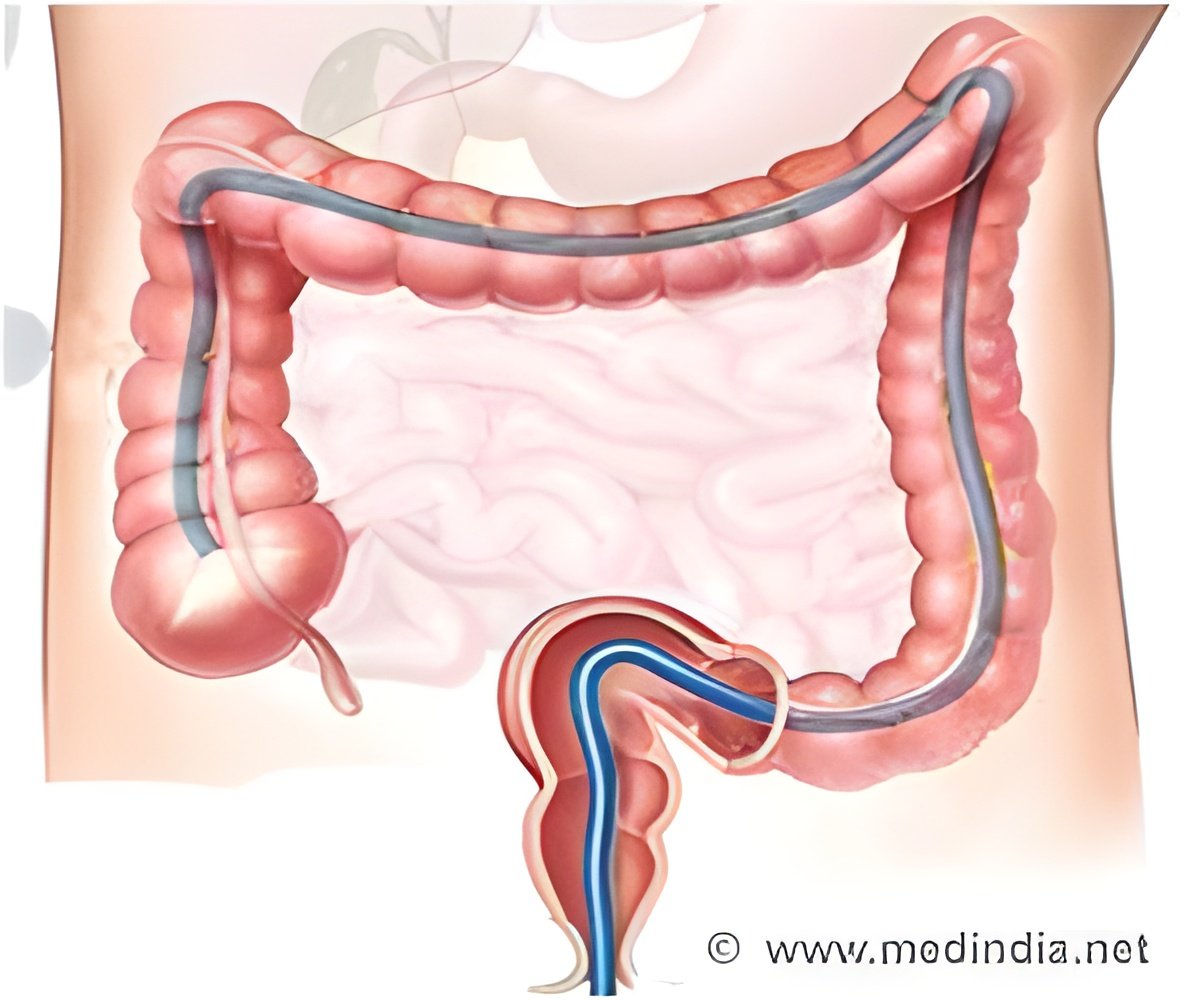A special type of defensive cell has now been discovered in the colon. These cells identify the traces of bacteria and start a chain reaction that washes away the bacteria.

‘The newly discovered cell type triggers the rapid chain reaction in the colon, creating the cascade of mucus that washes away bacteria.’





The human colon is protected by a mucus layer that prevents bacteria from coming in direct contact with the tissue, which would otherwise cause inflammation. The protective mucus layer is made up of proteins (mucins) produced and secreted by so-called goblet cells. The research team in Gothenburg has previously shown the presence of a mucus layer as the colon's first line of defense, and the same group now shows that there is also a subset of goblet cells, which form the second line of defense against bacteria that made it through the mucus layer. The discovery is published in the leading international journal Science. In the colon, there are depressions (called crypts) at the bottoms of which are stem cells which constantly produce new intestinal cells. At the entrance of these crypts, a special type of defensive cell has now been discovered.
"These cells are like sentinels guarding the entrance to the crypt. As soon as they discover traces of bacteria in the crypt opening, it starts a chain reaction ending up in a violent mucus explosion that washes away the bacteria", says George Birchenough, a postdoctoral researcher at the Sahlgrenska Academy, University of Gothenburg.
Flushing Away Bacteria is a Suicide Mission for the Sentinel.
"When the Sentinel goblet cell is emptied it pushes itself out as a catapult. If this does not prevent the bacterial attack and this continues there are no new sentinels to send forward, thus leaving the crypt open for bacteria invasion and the potential onset of inflammatory bowel disease such as ulcerative colitis", says Professor Gunnar C. Hansson at the Sahlgrenska Academy, who together with Malin Johansson leads research into mucus and mucins at University of Gothenburg.
Advertisement
"It is rare to discover a new type of cell with a previously unknown function, and it is particularly pleasing that all the work is done here in Gothenburg by our research group," says Gunnar C. Hansson.
Advertisement
Source-Eurekalert















